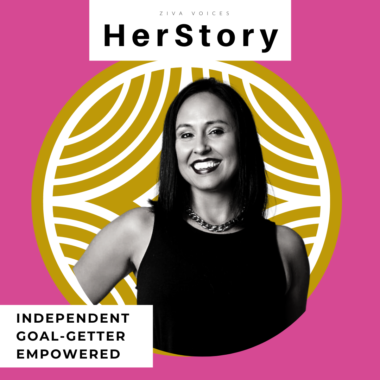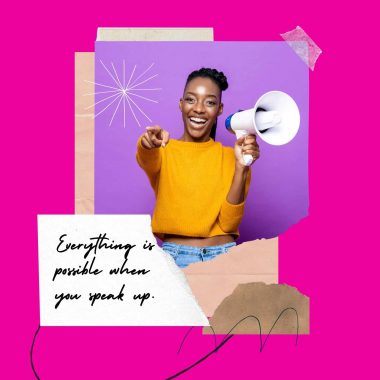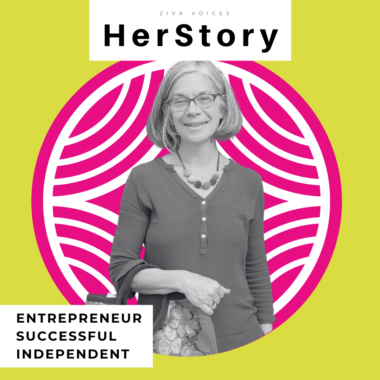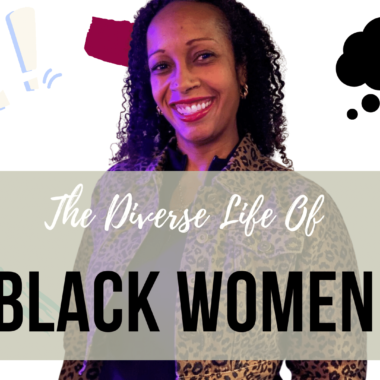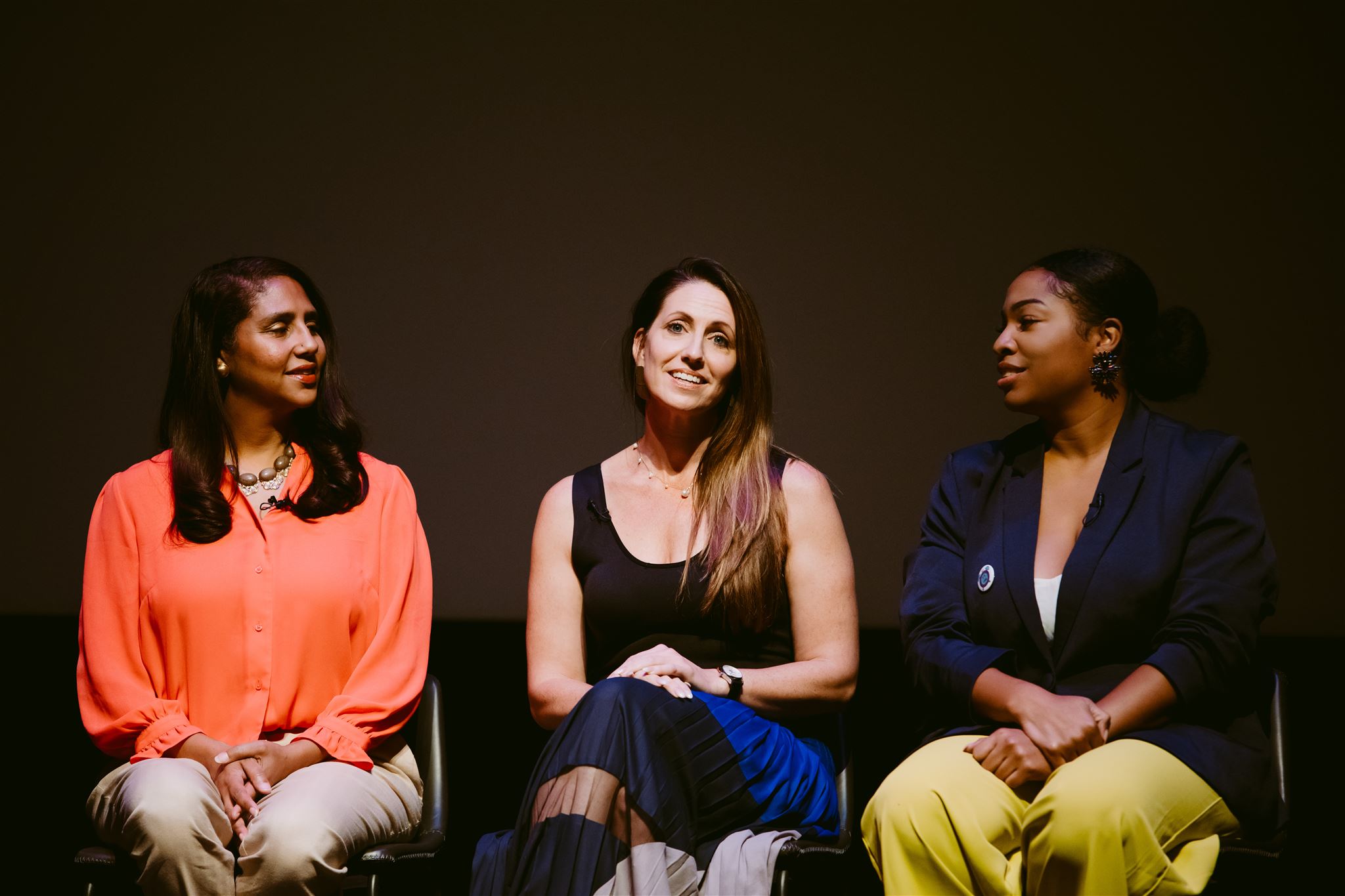In recent months, I have witnessed several women’s networks close worldwide. Some blame the recent DEI policy changes for it. Those who have been paying attention know that this is not a recent development but a systemic result of the divide between women.
The “Women Supporting Women” slogan gained popularity on social media in 2020, mainly through the viral “Women Supporting Women” challenge. This campaign involved women posting black-and-white photos of themselves, using the hashtags #ChallangeAccepted and #WomenSupportingWomen. The movement aimed to promote female solidarity and empowerment. Celebrities such as Reese Witherspoon, Kerry Washington, and Gabrielle Union amplified the trend.
Progress in Women’s Leadership
Indeed, we have seen an increase in women’s participation in politics. In seven countries, female political leadership has increased to 40% – 49.9% (UN Women). We have also seen success stories, such as the evolution of CHIEF, the private network for women executive leaders, which has reached a valuation of $1.1 billion, becoming one of the fastest launch-to-billion-dollar valuations for a female-founded, venture-backed U.S. tech company. We have also witnessed increased board representation and executive and managerial positions.
I always feel a bit reluctant to celebrate these wins, not because I don’t recognize the achievements of the individual women, but because my feeling that this is long overdue tampers my enthusiasm. Often, we celebrate the institutions for making adjustments instead of the women who persevered to see them made.
The Cost of Competition Versus Collaboration
And because, in truth, for many, this comes with the cost of giving up some of their values, changing who they are, and falling into the trap of competition. What do I mean? Despite this progress, women still are trapped by competition versus collaboration. For example:
Women feel indecisive when supporting other women at work due to generational beliefs and unfair workplace behavior (Pillay-Naidoo et al., 2023). Another study reported that about 70% of female executives felt bullied by other women in their workplace, which slowed their professional growth (Harvey, C. 2018).
The Need for Active Sponsorship and Financial Support
Women also report that their most significant professional development needs are a supportive network and access to financial resources (especially for women in entrepreneurship). While safe spaces are often needed due to the still-prevailing gender inequalities, women are seeking active sponsorship. This means not only a mentor who has walked the path before them but also someone who will mention their name in rooms they don’t have access to yet.
Too many women-focused networks lack the experience and adequate support that enable women to enter these closed-off spaces.
Ineffectiveness and Financial Challenges in Networking
Research has shown that women often perceive their networking efforts as ineffective in achieving their goals. They focus too much on conversation rather than actionable outcomes (Network Leader, 2024), and many women’s networks fail to deliver tangible career benefits.
In addition to the lack of professionalism and structured approach within networks, many women have personal doubts about networking. They often report that the benefits of participating don’t justify the time and investment, and many networking events feel unproductive and do not address specific professional challenges.
Further, the aspect of financial sustainability is often the downfall of many networks. Young female professionals, in particular, do not have a budget for networking clubs. Women invest more in their families and immediate needs than their professional development.
Lastly, it is more difficult for female networks to secure funding and maintain financial viability. CHIEF’s success is less surprising, considering its strategy and focus on women in executive positions. It is an exclusive network that focuses on women who are high earners, which allows the network to create financial sustainability in addition to their significant fundraising achievements.
Gender Differences in Networking
Men are better at networking. Full stop. One explanation for this is that women feel more comfortable supporting people with whom they have strong ties. Research shows that women’s networks tend to include fewer but closer relationships (Woehler et al., 2021), while men’s networks are larger, with looser ties. This difference is influenced by societal norms that encourage men to be more outspoken and assertive while women are expected to exhibit “feminine” qualities like modesty and softness.
Historically we have also been made to believe that other women are our competition and, therefore, are untrustworthy. This belief is, of course, outdated but still deeply ingrained in us. How often have you seen men talk badly about colleagues, acquaintances, or friends? Moreover, how often have you found yourself gossiping about another woman while silently envying her boldness?
The Networking Advantage: Men on LinkedIn
Men have larger networks. A LinkedIn employee noted that men are 12 times more likely than women to have a strong LinkedIn network. A “strong network” is defined as one with numerous connections (e.g., 500+), which enhances visibility and opportunities for career advancement, as LinkedIn’s algorithm favors users with larger networks. Men have 46% more total connections than women on LinkedIn, translating to a nearly 2 to 1 ratio (Leonhardt 2023).
Internal Barriers in Women’s Networking
Lastly, I want to address the internal barriers women face. Greguletz et al. (2018) showed in their research that women’s internalized modesty belief holds them back when it comes to networking. Especially underestimating their value in professional surroundings leads to holding back when building professional relationships. Kulik and Olekalns (2012) pointed out that women internalize judgments about their workplace roles, further reinforcing these barriers.
Looking Forward: Collaboration and Action
While the challenges are significant, there is immense potential for change. We need to actively address these obstacles by truly collaborating and not just blasting marketing slogans like #WomenSupportingWomen.
What can we do to feel more comfortable supporting women who are not in our close circle of friends? How can we overcome these societal barriers and stories ingrained in our belief system?
Kristin Lytle quoted the philosopher EPICTETUS on LinkedIn just recently: “You cannot hope to make progress in areas where you have not taken action.” Trust starts with action, and action follows goals. Set clear, achievable goals for your networking efforts. Treat networking like a skill that improves over time through regular practice. Challenge yourself to support women in your network with specific, measurable goals. Challenge the beliefs that might hinder you from doing so.
Lastly, seek professional coaching if you need more support. A rising tide lifts all boats, and we have more work to do.
Let’s change this in 2025
Many women, just like me, are tired of the lack of honesty around this topic. I founded Ziva Voices in 2022 because of persisting competition between women and the lack of equality between women worldwide.
One of my core values is collaboration, which is why Ziva Voices focuses on bringing together women from all walks of life. This year, instead of creating our own events, Ziva Voices is focusing on supporting other events. We don’t need to reinvent the wheel; instead, we need to support others.
Start building your network collaboratively and join Ella Lucas-Averett, Shannon Richkowski, and Shara Posner, D.C.
Here’s one opportunity… Join the “Women of Impact: Mastering Your A-Game in Business and Life” event.
Details: www.masteryouragame.com
When/Where: May 9th – 9am-4pm | East Brunswick, NJ (central NJ for easy access)
This event is tailored for women who:
- Seek both personal and professional development
- Want more leadership and communication strategies that serve every area of your life
- Value actionable tools that can be immediately applied to both career and personal life
- Want to build genuine relationships with women who are committed to growth and impact


